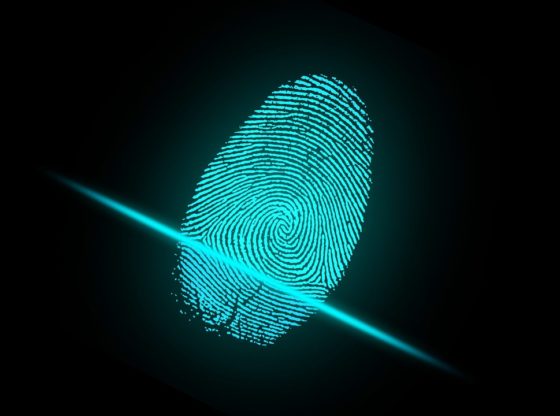The online world has digitalized data and user information so that it’s more available and easier to store on the Internet. That’s why online businesses, especially eCommerce companies, gather and store sensitive information about their clients and customers, and use that data to improve customer services and support. However, operating in the digital world has made things more convenient for businesses, but there are risks and issues those businesses must deal with every day.
One of the top concerns is securing the sensitive information gathered and ensuring it does not fall into the wrong hands, especially since cyber threats and security breaches are quite common on the Internet.
Hackers are relentless when it comes to trying to obtain sensitive data. A security breach can ruin an online business in an instant and online businesses are at risk of not just losing customers, but also at risk of failing altogether because of their ruined reputation. Fortunately, technological innovations have allowed online businesses to implement secure means of improving and ensuring customers’ privacy, and biometrics may be the newest addition to those security measures.
What exactly are biometric technologies?
Biometric technology is any type of device that’s able to scan parts of a human body, such as a fingerprint, a person’s ear, iris, retina, face and even a person’s voice. Moreover, biometric authentication, otherwise known as realistic authentication, refers to identification and access control process in computer science, based on human characteristics mentioned above. There are many devices that already use some form of biometric scans to authenticate users.
Mobile devices, such as smartphones, use fingerprint scans and facial recognition to identify users. Also, there are smartphones that require an iris scan in order to be unlocked. That being said, many modern businesses, especially industry leaders, use sophisticated biometric technologies to improve their security and greatly lower the risk of a security breach. Some go even as far as using DNA scans to give access to people with approved security clearance.
Issues concerning biometric scans
Hackers are constantly looking for vulnerabilities in security networks, in order to breach them and steal sensitive information about businesses, customers, employees, etc. The data that businesses collect on their clients is invaluable and needs to be properly secured, in order to ensure customers’ privacy. However, small businesses, especially eCommerce businesses that handle a lot of user information regularly, have difficulties delegating the resources to properly store and secure data. If they add biometric data to their database, it becomes even more difficult to secure all the information.
Moreover, asking customers to give away their fingerprint or do face scans worries them because it borders invading personal privacy. Still, by implementing PCI DSS compliance (Payment Card Industry Data Security Standard) small business can put those concerns at rest. As an example, an Australian small business can seek aid from companies that can help them implement and maintain PCI DSS compliance in Australia and ensure their customers that both their credit and debit cards, as well as their biometric data, are safe from theft and fraud.
Benefits of using biometrics
In a society that highly depends on the use of technology in their everyday lives, biometrics can offer advantages, such as an easier way to access multiple devices. As a matter of fact, today’s mobile traffic usage is 55.79% compared to 44.21% for desktop traffic. Moreover, 75% of adults use a smartphone in the U.S. alone. That being said, mobile devices are gaining in popularity and mobile users are looking for a seamless way to access their devices, as well as their online platforms.
Biometric scans can offer an easy way for users to not just access devices, but also access their bank records and make purchases without having to log in with their credentials every time. Furthermore, biometric scans can improve the overall security, making it difficult for sensitive information to become stolen or misused. Besides, biometrics reduce the amount of personal information users have to disclose to improve their online security.
Will biometrics become a new trend?
Biometric technologies are still being developed and improved, and although many devices already implement biometrics, there are still concerns related to the security and use of these technologies in our everyday lives. Still, biometrics can undeniably improve security and ensure user privacy, as well as safeguard sensitive information and data.
However, biometric scans will unlikely replace older multi-layered security measures, such as passwords, and hardware tokens that are still in use today. Instead, they will probably add another security layer to improve an already effective security system.
Online businesses are constantly on a lookout for new ways to secure any personal information they have on customers. That’s why it’s safe to say that biometrics may become an essential aspect of online security in the near future.

